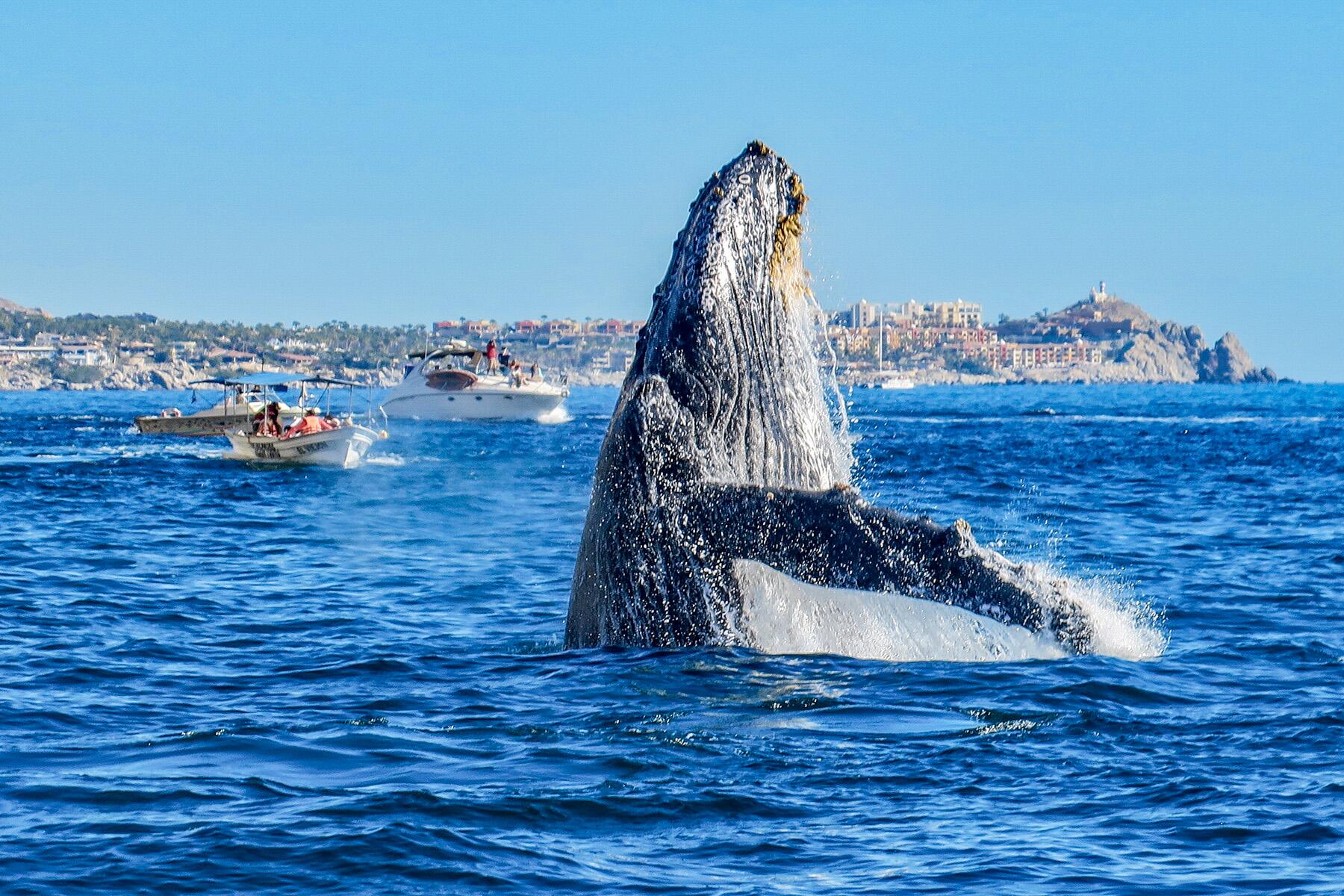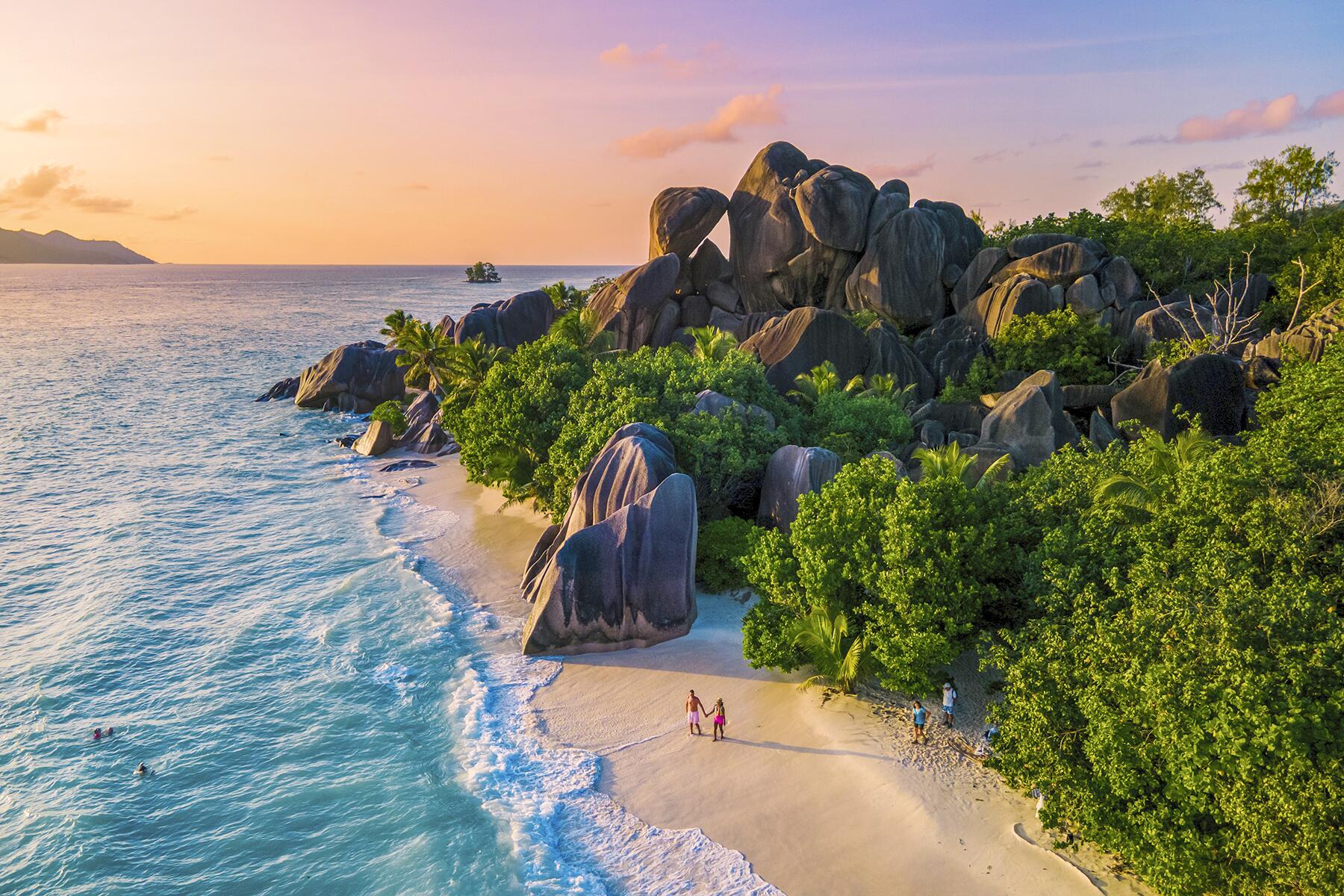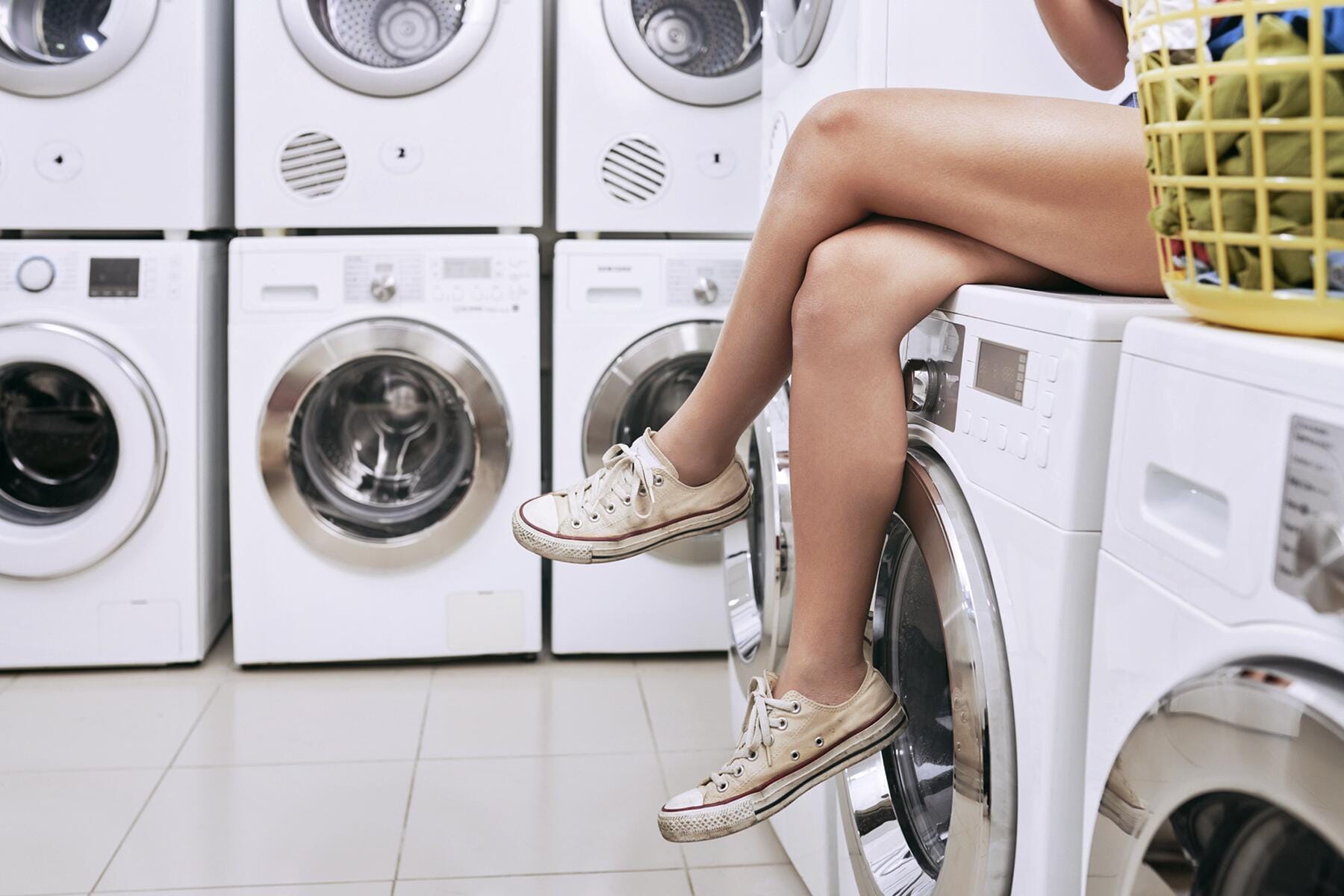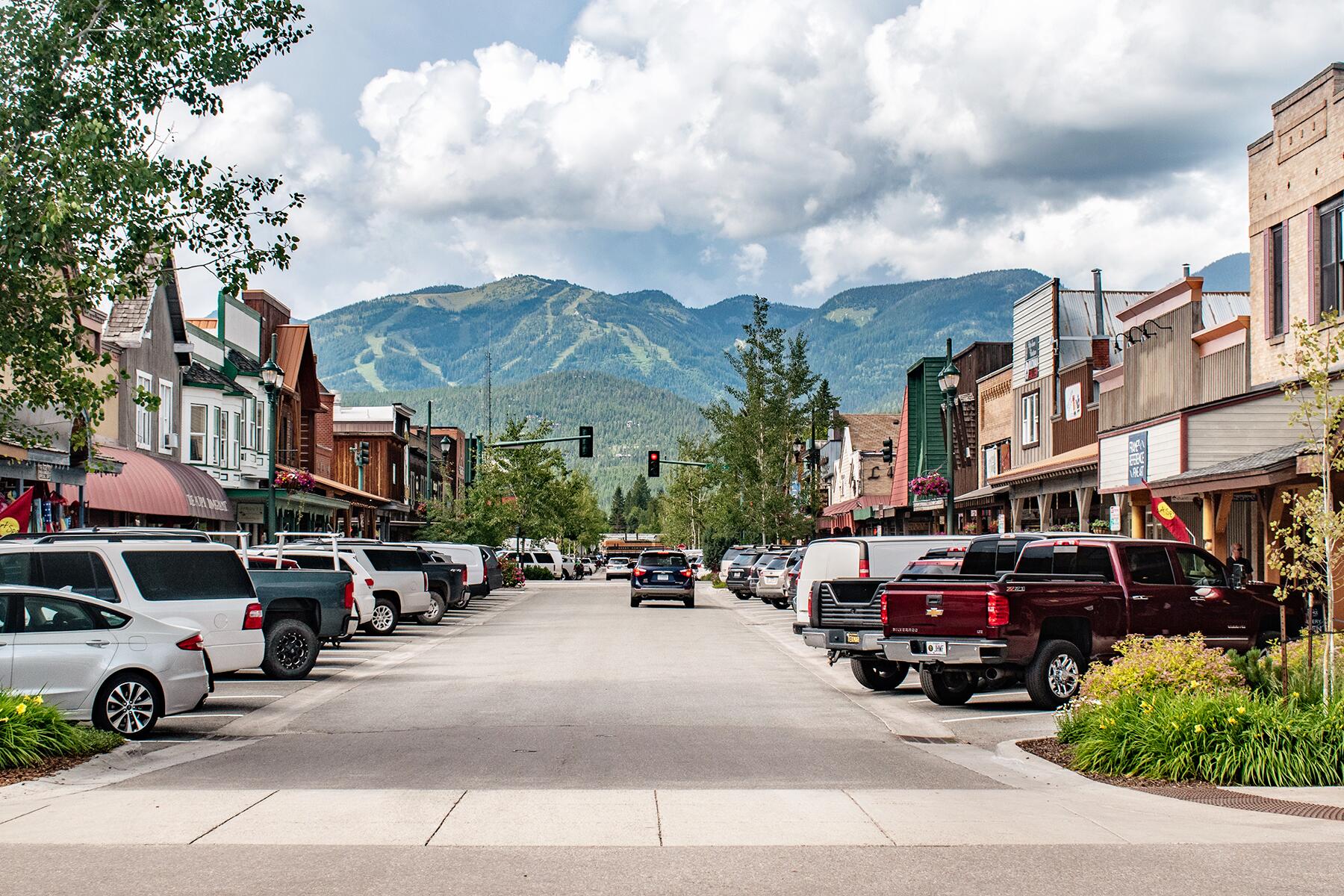Just follow the rules.
With coronavirus infection rates still surging in the United States, there’s understandably a growing hesitation to board flights this summer. The warm weather and phased reopening of national parks and services across the country have keen travelers wanting to leave their homes and explore even more, after having been in quarantine for months. Those that are choosing to get away are gravitating towards short regional road trips and weekend getaways to reduce the risk of transmission. But take note—trips now require careful planning and adhering to stringent precautions to stay safe.
Pack Your Own Coronavirus Kit
Put together a coronavirus kit for situations where it’s impossible to avoid contact with other people or high touch surfaces. This kit should include hand sanitizer, disinfecting wipes, disposable gloves, and face masks, as a number of states now require face coverings when you’re out in public. Consistently wipe down high touch surfaces like your steering wheel and gearbox, and if you’re planning on staying at a hotel or Airbnb overnight while on your road trip, disinfect particularly germy surfaces like door knobs, TV remote controls, and the bathroom sink. Disposable gloves come in handy at gas stations when you’re prompted to tap touch screens and enter your PIN into the keypad. Don’t forget to pack toilet paper for rest stops and for holding open particularly grubby doors. By assembling your own coronavirus kit, you won’t have to worry about needing to stop and pick them up while you’re on the road, or not being able to find any in your destination.
Recommended Fodor’s Video
When You Gotta Go, Go With Caution
Public bathrooms in the age of the coronavirus pandemic are tricky to navigate. Take your coronavirus kit with you so you’ll have hand sanitizer in case there’s no soap or paper towel available, and even if the toilet paper rolls in each stall are full, reach for your own because people often touch toilet paper rolls with unwashed hands. Before you go, give the bathroom a quick once-over to assess its conditions. Soiled toilet seats, graffiti, and garbage bins overflowing with paper towels indicate that the site likely hasn’t been serviced in a while and you’re better off going some place else. Don’t touch any surfaces inside the bathroom with your bare hands—use a paper towel to open and close doors, turn on and off taps, and to flush toilets, (and take care to flush with the lid down if that’s an option to keep bacteria from flying). If there’s a line for the stalls, wait outside to limit your time in a confined space.
Limit Contact
Look for ways to limit contact with other people. For many, eating out is a way to enjoy and cut back time spent in the kitchen while you’re on vacation. But current coronavirus restrictions don’t have to take away from checking out new restaurants in your destination. You can still gorge on restaurant quality food, minus the personalized service of wait staff. Opt for takeout and ask for curbside pickup, or order from the restaurant online, which also eliminates the need to handle cash, or punch in your PIN if you’re using their credit card machines. Make sure to pack your own snacks and drinks to reduce the need to stop at convenience stores and supermarkets along the way to pick things up, especially since reduced shopping hours in some places may mean longer wait times than usual.
INSIDER TIPContact the front desk at your hotel to forgo housekeeping services, which limits the number of people who come in and out of your room during your stay.
Read Up on Your Destination’s Guidelines
The reopening of businesses makes it feel as if everything is normal again, but this doesn’t mean the virus has been eliminated. This is an ongoing pandemic so it’s important to follow each state’s guidelines to do your part in combating the virus. Read up on your destination before hitting the road, and know their guidelines surrounding social distancing and phased reopenings as every state is different. At present, 17 states including New York, California, and Maine require people to use face coverings in public, and a handful of states have rules of varying degrees targeted at visitors. Connecticut asks all out of state travelers to quarantine for 14 days, while states like California and Illinois have no travel restrictions. As a visitor, show respect to the local community by following these guidelines, and know that travelers pose risks to destinations too. Before you decide to go off the grid, keep in mind that many remote communities don’t have the same access to healthcare and facilities as major cities do, and the consequences can be devastating to locals in these remote areas. Navajo Nation is struggling to contain the spread of the coronavirus and has asked travelers to refrain from visiting at the moment.
Do Some Prep Work
Though you may be the spontaneous type, traveling during a pandemic requires a little more planning and pre-trip work. Make sure your car is ready to go and up to date on things like tire and oil changes to avoid mechanical breakdowns, though if you require roadside assistance, keep your distance. Use apps like Google Maps and Roadtrippers to build your trip and plan fuel stops to avoid unnecessary breaks, and check up on rest areas, as some may have closed or stopped serving food and drinks. If you’re planning on a hotel stay, call ahead to make sure they’re still open and are accepting reservations, as some properties may have limits on capacity.
INSIDER TIPLook for rest area announcements on each state’s Department of Transportation website.
Hang Out in Open Spaces
The risk of catching the coronavirus is much lower in a well-ventilated and open space than in an enclosed one. Outside, air currents can carry away virus droplets, and the chances of transmission are lowered even more if you’re maintaining a distance of at least six feet from other people, as recommended by the World Health Organization. Spend your time in big open spaces like parks and secluded beaches where social distancing is easy.



